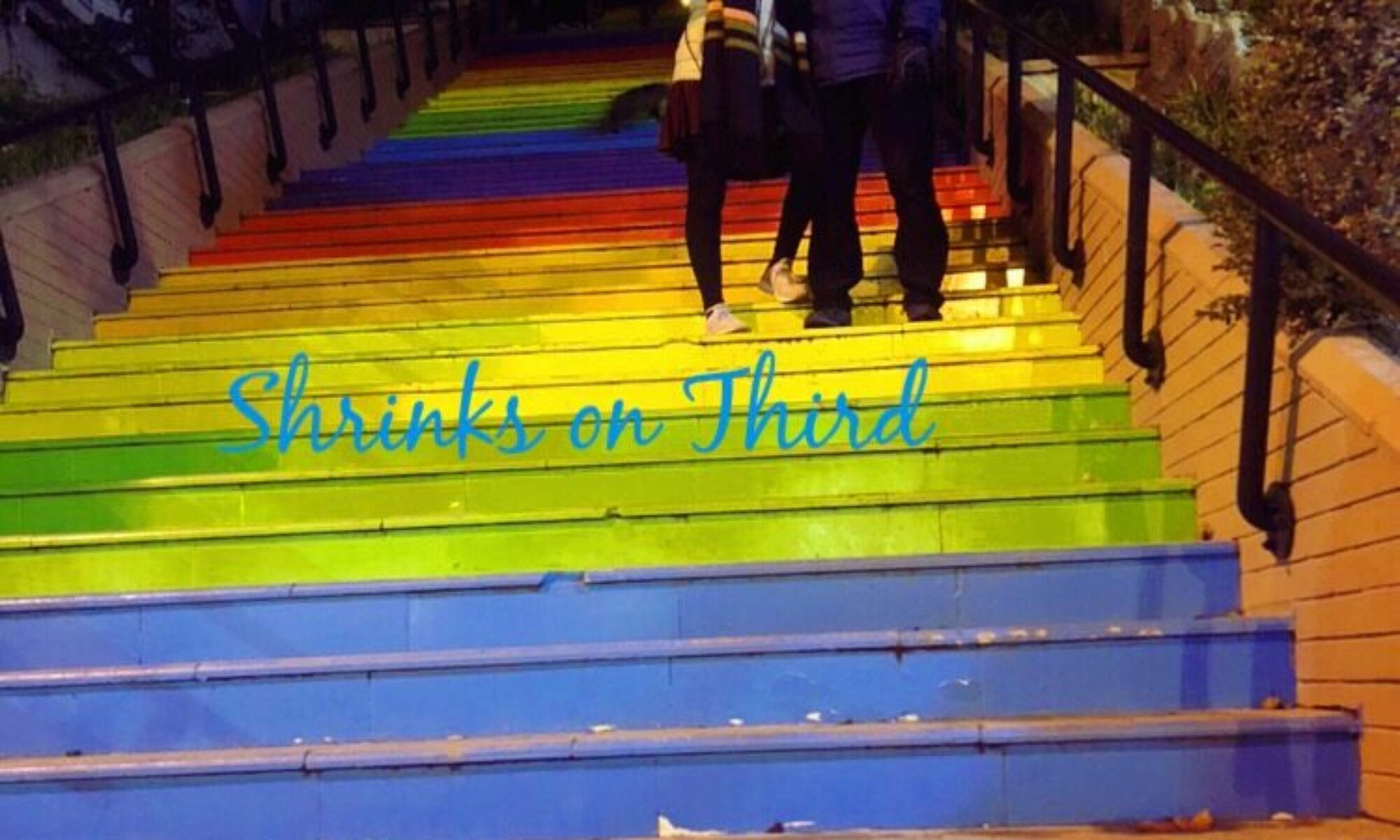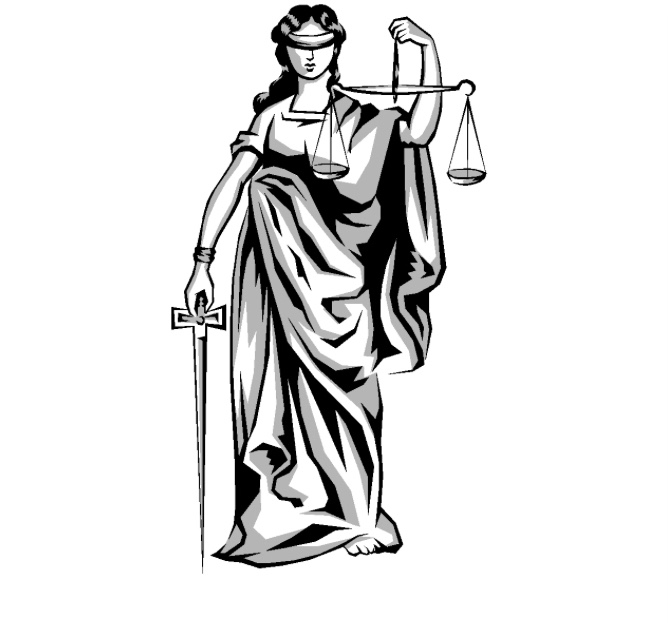We were surprised when telling people we were starting a psychology and social justice podcast met with negative reactions such as ‘Really? Those two just don’t go together’. It didn’t take long before we understood that the health and medical professions, including psychology, have negative reputations in marginalized communities. In one of our early interviews Cheryll Rothery, PsyD, ABPP, referred to this as ‘a healthy mistrust of the profession’, and with increased understanding we quickly came to agree (http://shrinksonthird.com/a-healthy-mistrust-of-the-profession).
It seems self-evident that all members of society should have equal rights including equal access to opportunities so they can exercise them. But, we mental health professionals have not done a good job advocating for the people we profess to serve. Sure, there have always been activist mental health workers, even psychoanalysts had their activists among them. But no, we cannot say ‘not all psychologists’. True advocacy really never became the norm; even activist clinicians and researchers have mischaracterized and/or left women and minorities out of research and practice. And what have we all done to change that?
Of course, once you begin to see the deep systemic nature of oppressions everywhere such as racism, sexism, heterosexism, ageism, and ableism, you can also begin to change your role in it at every opportunity. As the Shrinks on Third, as psychologists, as women and privileged white people, we pledge to do better. Psychologists have been taught to remain value-free and non-judgmental. If advocating for human rights and social justice goes against that norm (and we know some colleagues would say it does) we must still take that step and we vow to do so. The patriarchy’s creed of systemic injustice must be dismantled to end all violations of human rights including mental health access and discriminatory practices of all kinds. This is the place where psychology and social justice meet.



